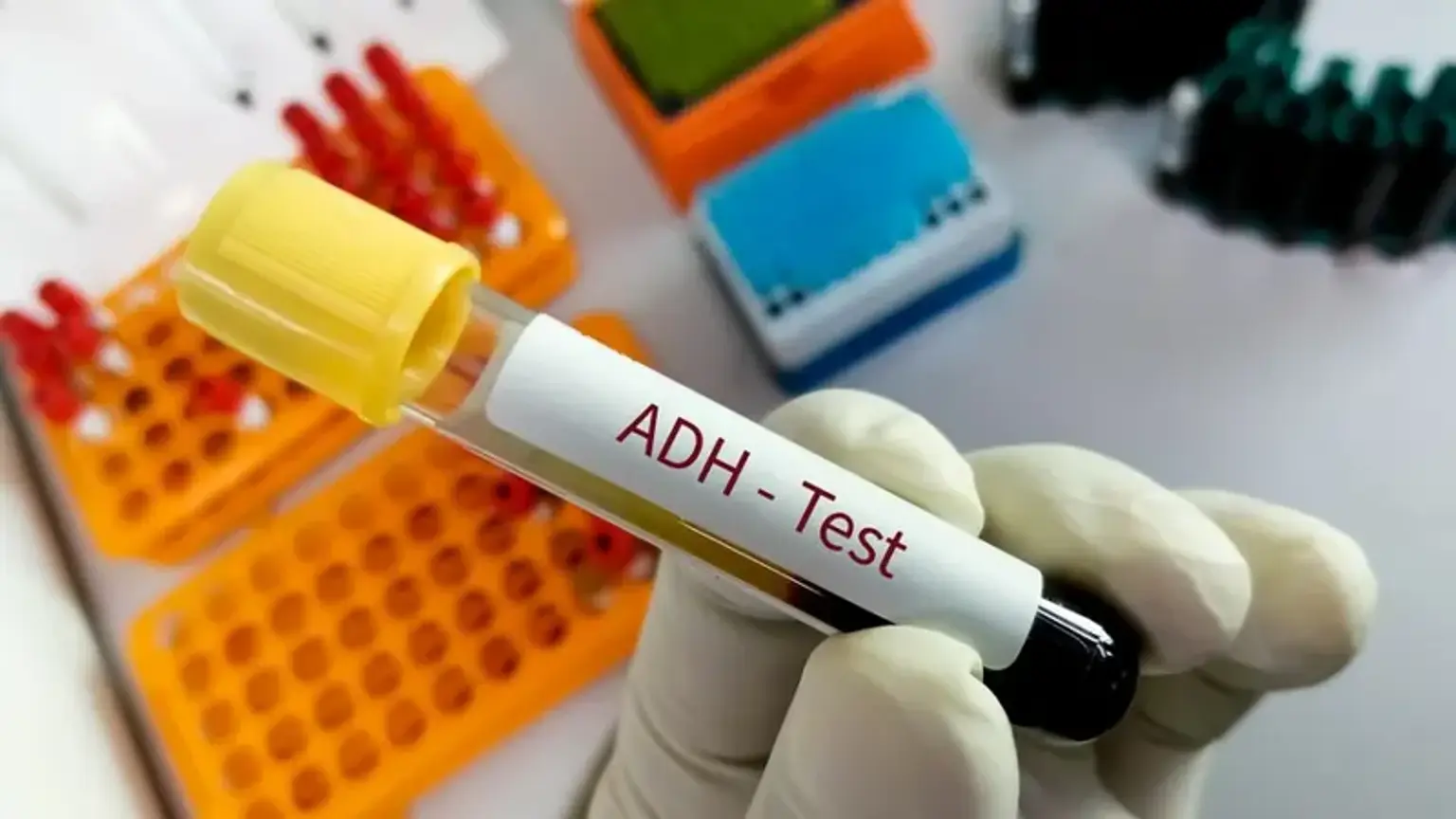Introduction
Diabetes Insipidus (DI) is a rare but important condition that affects the body’s ability to regulate fluid balance. Unlike diabetes mellitus, which involves issues with blood sugar, Diabetes Insipidus is related to a problem with water balance. People with DI experience symptoms of excessive thirst (polydipsia) and excessive urination (polyuria). The body either doesn’t produce enough of the hormone that controls water balance, or the kidneys do not respond properly to it.
This condition can be particularly challenging because it impacts everyday life in ways many might not initially understand. Living with DI means constantly managing water intake and urination, which can affect one's work, social life, and overall quality of life. With proper diagnosis and treatment, however, people can manage the symptoms and live comfortably.
In this article, we’ll dive into the symptoms of Diabetes Insipidus, explore its causes, and discuss the treatment options available to individuals, particularly in Korea, where advanced medical care is readily available for those suffering from the condition.
What is Diabetes Insipidus?
Diabetes Insipidus (DI) is a disorder that results in an imbalance of water in the body. Unlike the common form of diabetes, which involves high blood sugar, Diabetes Insipidus is caused by problems with the hormone that controls water balance: antidiuretic hormone (ADH), also known as vasopressin.
There are two main types of Diabetes Insipidus: Central Diabetes Insipidus (CDI) and Nephrogenic Diabetes Insipidus (NDI). Both involve the same basic issue — the body is unable to conserve water properly — but the causes and treatments are different.
Central Diabetes Insipidus occurs when there is a problem in the brain, usually in the pituitary gland or hypothalamus, that affects the production of ADH.
Nephrogenic Diabetes Insipidus happens when the kidneys do not respond correctly to ADH, even though it is being produced normally.
In both cases, the body ends up excreting large amounts of dilute urine, which leads to dehydration and extreme thirst.
